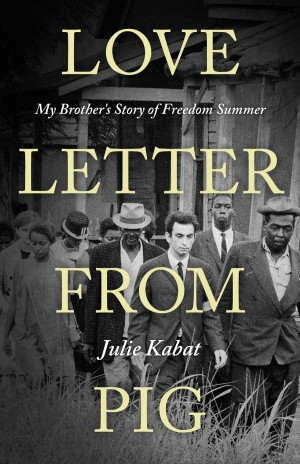Jews faced serious challenges in the American South, where pork and shellfish — the ultimate treyf foods — head every menu. In Matzoh Ball Gumbo: Culinary Tales of the Jewish South Marcie Cohen Ferris, associate director of the Carolina Center for Jewish Studies and assistant professor at the University of North Carolina at Chapel Hill, explores the ways Jews negotiated with their identities, often through the dinner table, in a region where religious and class distinctions run strong and Jews are few in number.
Respected as ‘people of the book,’ the early settlers, mainly West Europeans, blended in by adopting an “inconspicuous Judaism” along with the culinary and social habits of their Gentile neighbors. Southern Jewish life changed somewhat as observant Eastern European Jews arrived in the late 19th century with their pickles and briskets, a contrast to the fried chicken and biscuits of the upper middle-class classic Reform temples. Today, kosher barbecue contestants live side by side with Jews who enjoy standard nonkosher Southern fare, and many of the kosher caterers are African-Americans, trained in kashrut by the households and synagogues where their families have cooked for generations.Ferris’ survey of Southern Jewish foodways goes far beyond the kitchen as it documents Southern Jewish domestic, social, racial, religious, and business life over three centuries. Rich in anecdote and based on extensive interviews, Matzoh Ball Gumbo records an important aspect of the American Jewish experience. Bibliography, illustrations, index, notes, recipes.
Maron L. Waxman, retired editorial director, special projects, at the American Museum of Natural History, was also an editorial director at HarperCollins and Book-of-the-Month Club.



